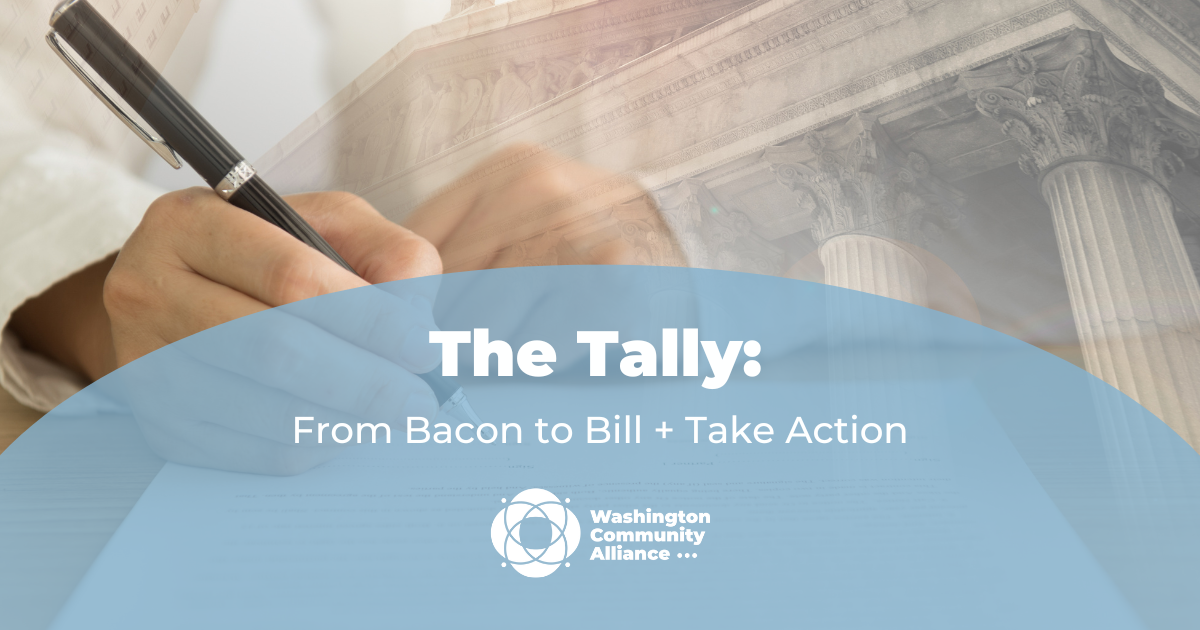
Friends—
Welcome to week three of session. We’re firmly into hearings with bills already advancing. Bills that aren’t filed by this week face an uphill battle with cutoffs approaching. This week, we saw the last of our priority bills drop. There’s a lot to be excited about and some disappointment too; we’ll dive into that at the end.
This week also saw a lot of tragedy. There’s not much to say. Everything we write about this sounds corny and stupid. But it bears repeating: gun violence has taken the lives of so many loved ones this week and for years before, and our communities are sick of it.
While gun violence prevention isn’t in our Top Nine this year, it remains an important, urgent issue. So with recent news (which is really news at any time) in mind, we want to highlight a few important bills under consideration this session:
Restrict Access to Assault Weapons: HB1240/SB5265 Semi-automatic assault weapons are responsible for some of the biggest tragedies we’ve seen in recent years. They are weapons that were designed for battlefields. They don’t belong in our communities.
Require a Permit to Purchase Firearms: HB1143/SB5211 Permit-to-purchase systems require a background check, safety training, and a waiting period. As it should be. States with permit-to-purchase have lower rates of firearm-related death. Obviously.
|
|
|


